Brazil’s Globo, the biggest production force in Latin America, and BBC Studios have landed a milestone co-production agreement for an upcoming documentary series that will “transport audiences to the heart” of Brazil’s sprawling Amazon rainforest. The co-production deal strengthens Brazil’s current global momentum. This year, Walter Salles’ Globo-backed “I’m Still Here” made history as the country’s first Oscar-winning film, and Kleber Mendonça Filho’s “The Secret Agent” took two awards at the Cannes Film Festival, where Brazil was also the country of honor at Marché du Film.
The series will portray the fight for a fairer future for the Indigenous communities and the Amazon itself, highlighting agroecological practices and sustainable coexistence with the forest, while also addressing critical challenges such as trafficking, deforestation, and illegal mining in the region. It will be produced by BBC Studios Specialist Factual Productions, with production to move forward at a time to be announced. BBC Studios brought the parties together for this historic deal and will now sell the series globally.
Speaking with Variety, Janet Brown, president of Global Content Sales at BBC Studios, highlighted the collaborative nature of the historic deal, which spans from a desire to work together to create the kind of content that feels like “one plus one equals three.”
“This isn’t a co-production where we, the BBC, had a story and then went out to find people to help fund it,” she emphasized. “This is very much a joint project all the way from the beginning. In this case, it’s a story that innately comes from Brazil. We are bringing the BBC Studios’ excellent specialist factual production team to help create and bring this story to life. As a sales team, we are so excited to be doing what we always do in terms of taking a piece of content that is true of its country of origin and making it accessible and appealing to global audiences.”
Brown said the deal is “very much about our relationship with Globo,” a longtime partner in the natural history and science space. “Here we are broadening it and deepening it through a co-pro. That’s what you want with great relationships of any kind, right? You want to expand them and grow them, and this is very much what we’re doing here.”
Gabriel Jacome, director of content at TV Globo, echoed Brown in stating that working with the BBC is “truly inspiring.” “Their legacy of creative excellence and editorial integrity has shaped generations of audiences and professionals around the world. But what excites us most is the potential for genuine exchange.”
“It’s a partnership that amplifies distribution reach, fosters co-production opportunities, and deepens our participation in global conversations about responsible communication, sustainability, and inclusion,” he added. “Perhaps most importantly, it highlights the power of Brazilian creativity as capable of resonating far beyond our borders and reminding the world that compelling stories can both reflect and reshape societies.”
When it comes to working out the logistics and bureaucracy of the first-of-its-kind deal, Brown says “it took some time.” “If you look at the kind of co-pro relationship we have with a partner like ZDF, for example, those are well-worn relationships. The first one is always going to take a minute. It’s one of the reasons we’re so excited, because we want to be building from here. We’re bringing it together to make sure it’s going to work both as a production for global but also as content on their channel.”
On that note, the BBC exec adds that this initial project will be done on a “smaller scale” than some of the broadcaster’s landmark projects, “so we are not running before we walk.” “It’ll be a much shorter program in terms of length, and the scope and the scale of the story are very specific. We don’t need six episodes to tell this story. We are excited about telling it with a shorter runtime that brings with it logistics and a budget that makes for more of a recipe for success for [our first project] and then build it from there.”
When asked about a historic tendency of having international companies from the U.S. and Europe tell stories about Brazil’s Amazon, Brown emphasized the issue has been part of the discussion from the very beginning, as well as how the BBC is working “to not fall into that and make sure that the whole production is staffed appropriately and that we are absolutely using the community. Otherwise, it wouldn’t be interesting to us.”
“The whole point is to be working together with that authentic gaze from the Brazilian point of view,” she added. “We are absolutely embedding that in our thinking of the full logistics right from the beginning.”
Jacome added that it is “essential” that stories about Brazil, and especially about the Amazon, “are told with authenticity, from the perspective of those who truly live and understand the region. For too long, international productions have looked at these narratives from above, capturing beautiful images but often missing the human heartbeat that sustains that ecosystem.”
“As Brazil’s leading storyteller, Globo has both the responsibility and the privilege to bring that local voice into the global conversation,” he concurred. “We know the people, the rhythms, the contradictions, and the hope that define the Amazon. When I first traveled to the Amazon, I finally grasped the strength, dignity, and knowledge of the communities that live there. That experience changed my perception completely. That is why I invited our colleagues at the BBC to go beyond the aerial view of the forest canopy and step into the forest itself, to meet those who truly live, produce, and protect that land.”

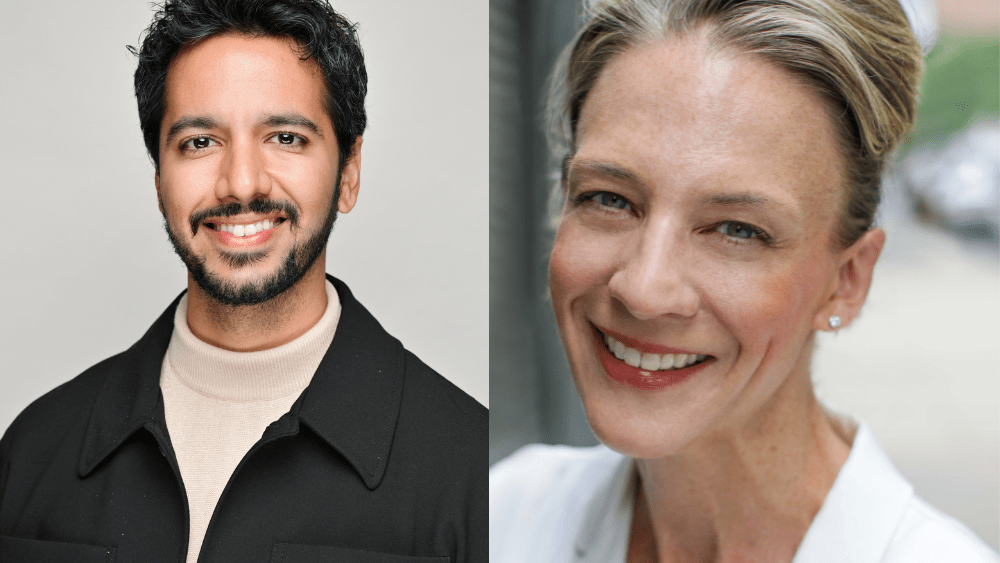
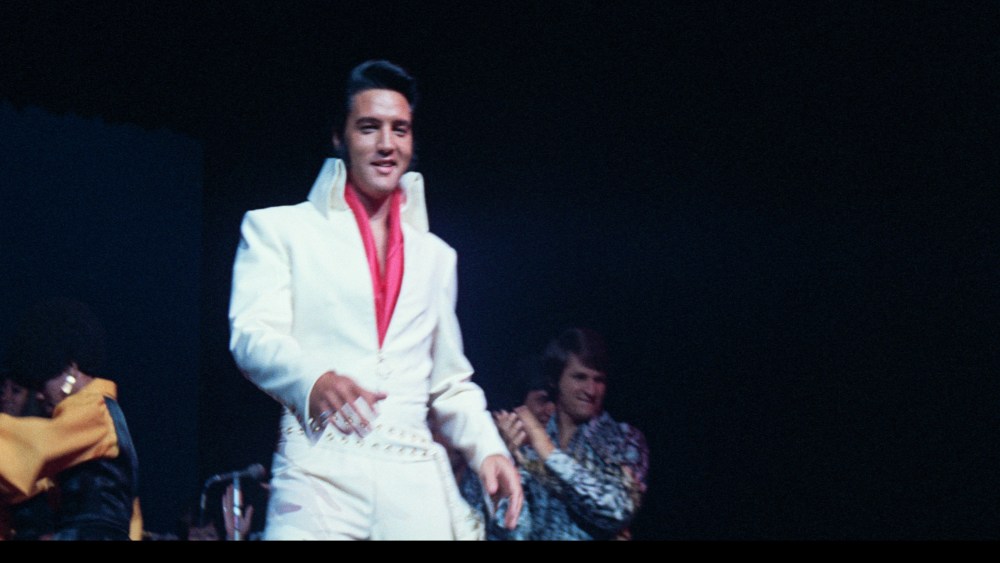
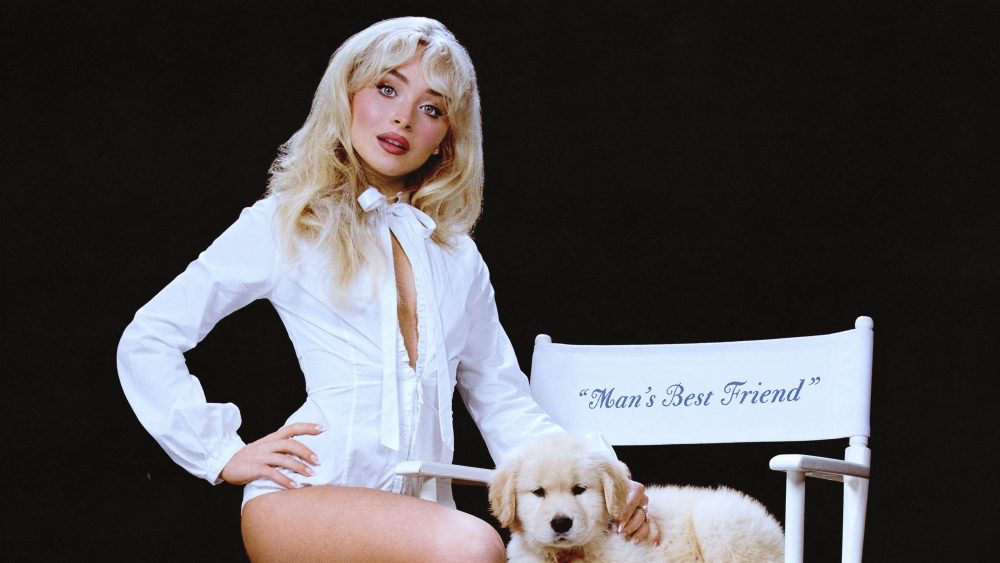
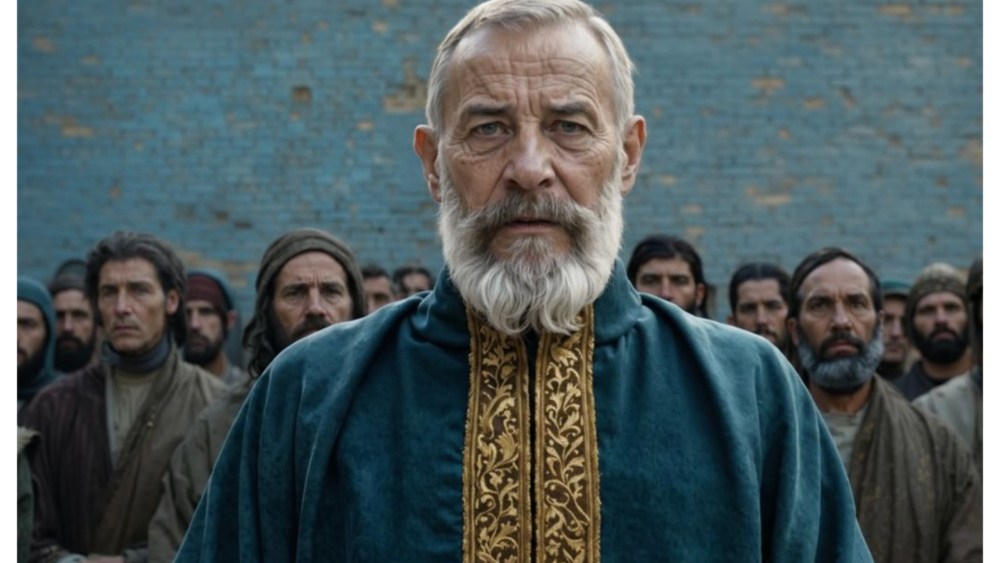

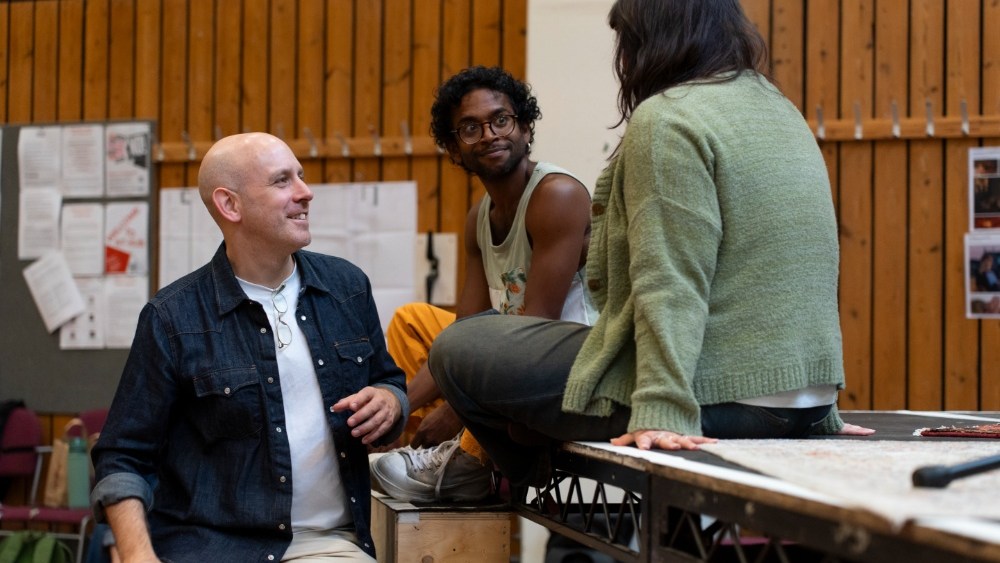

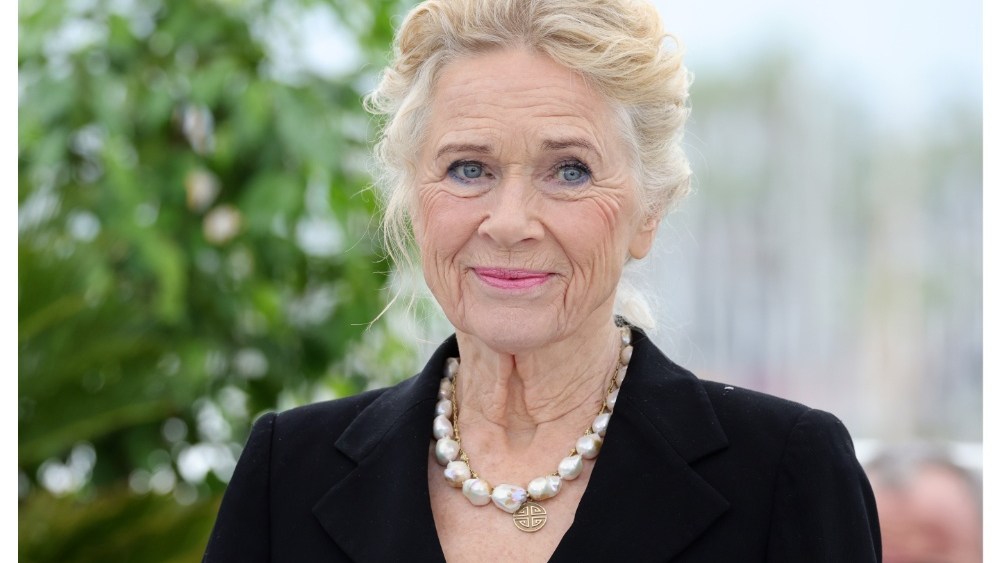
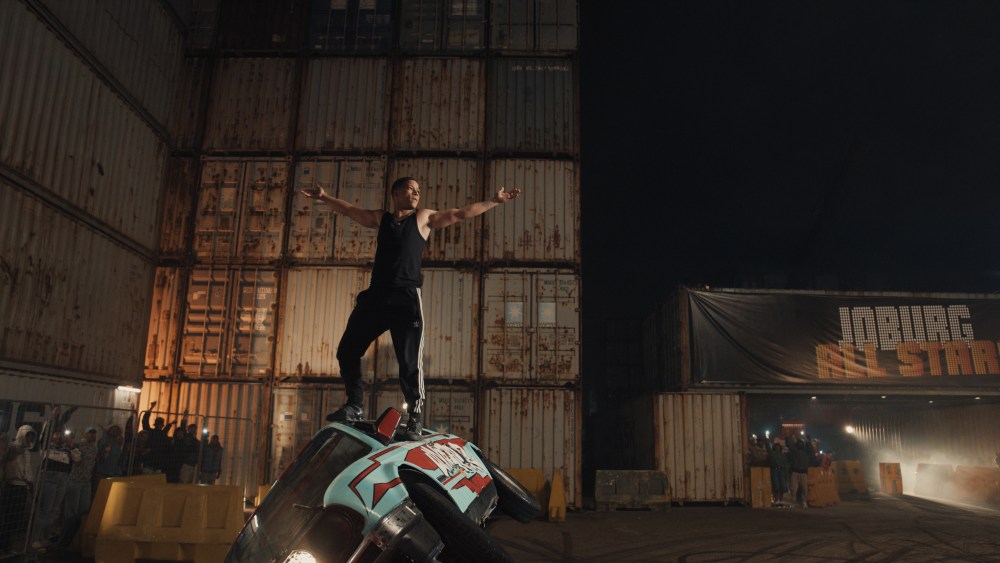
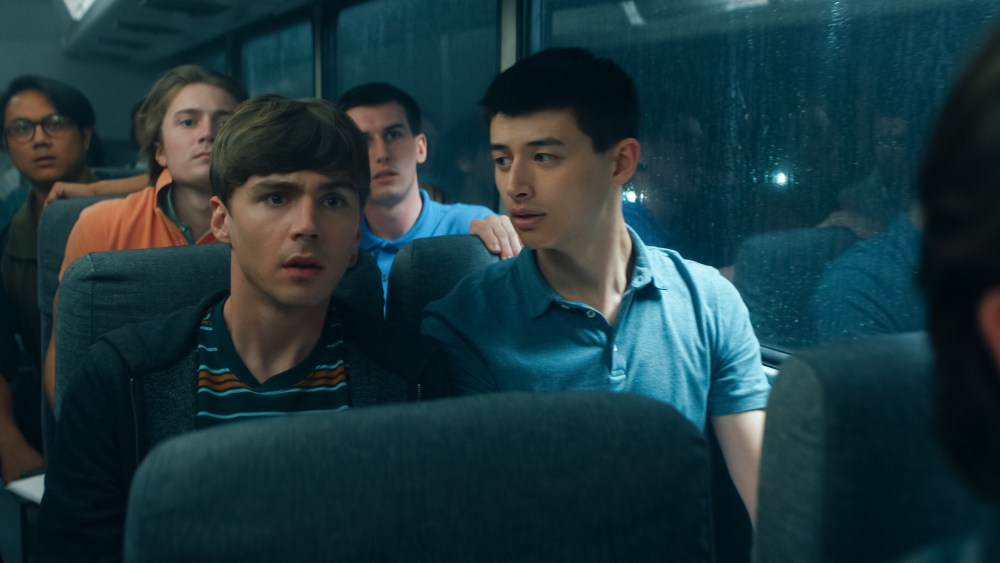
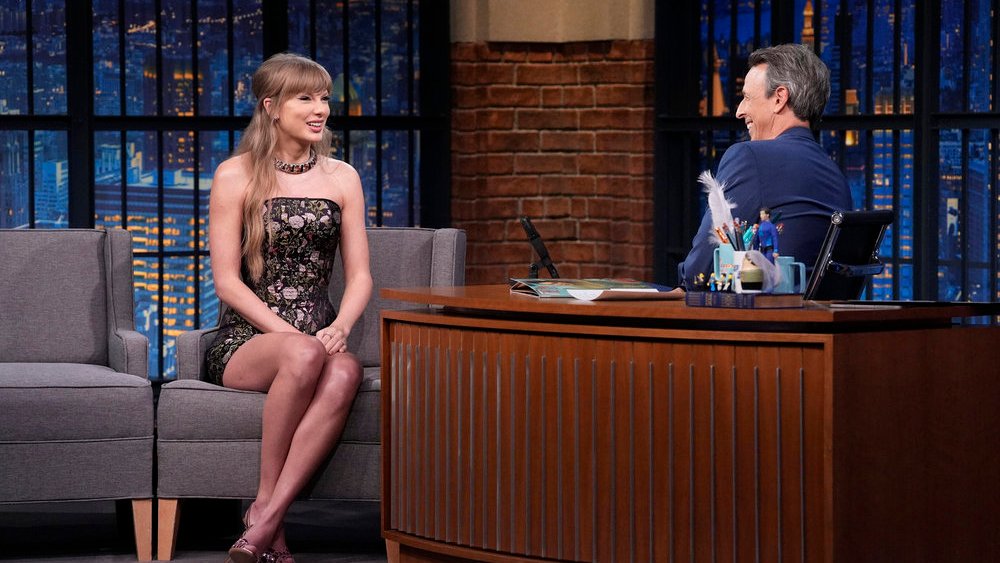
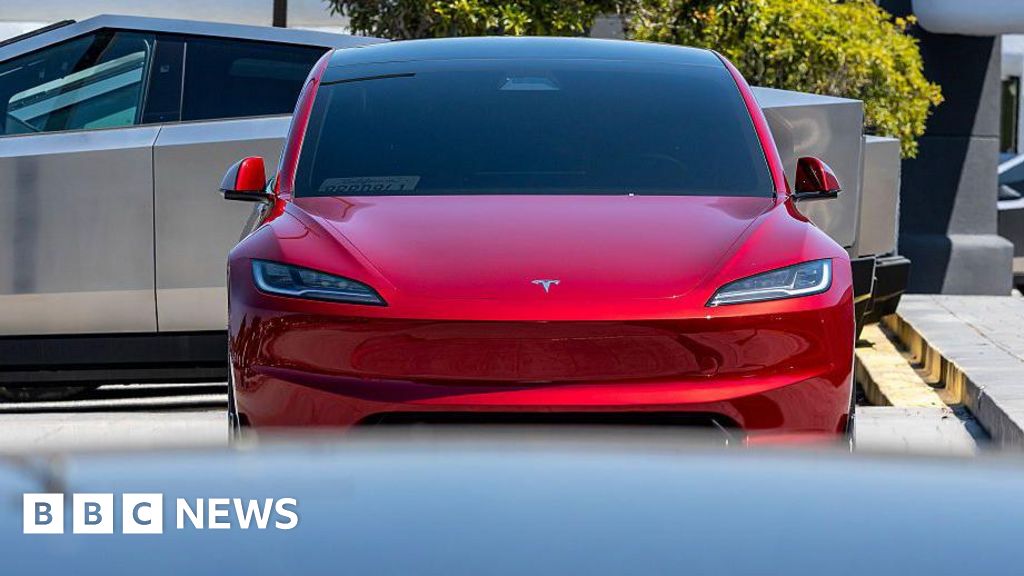
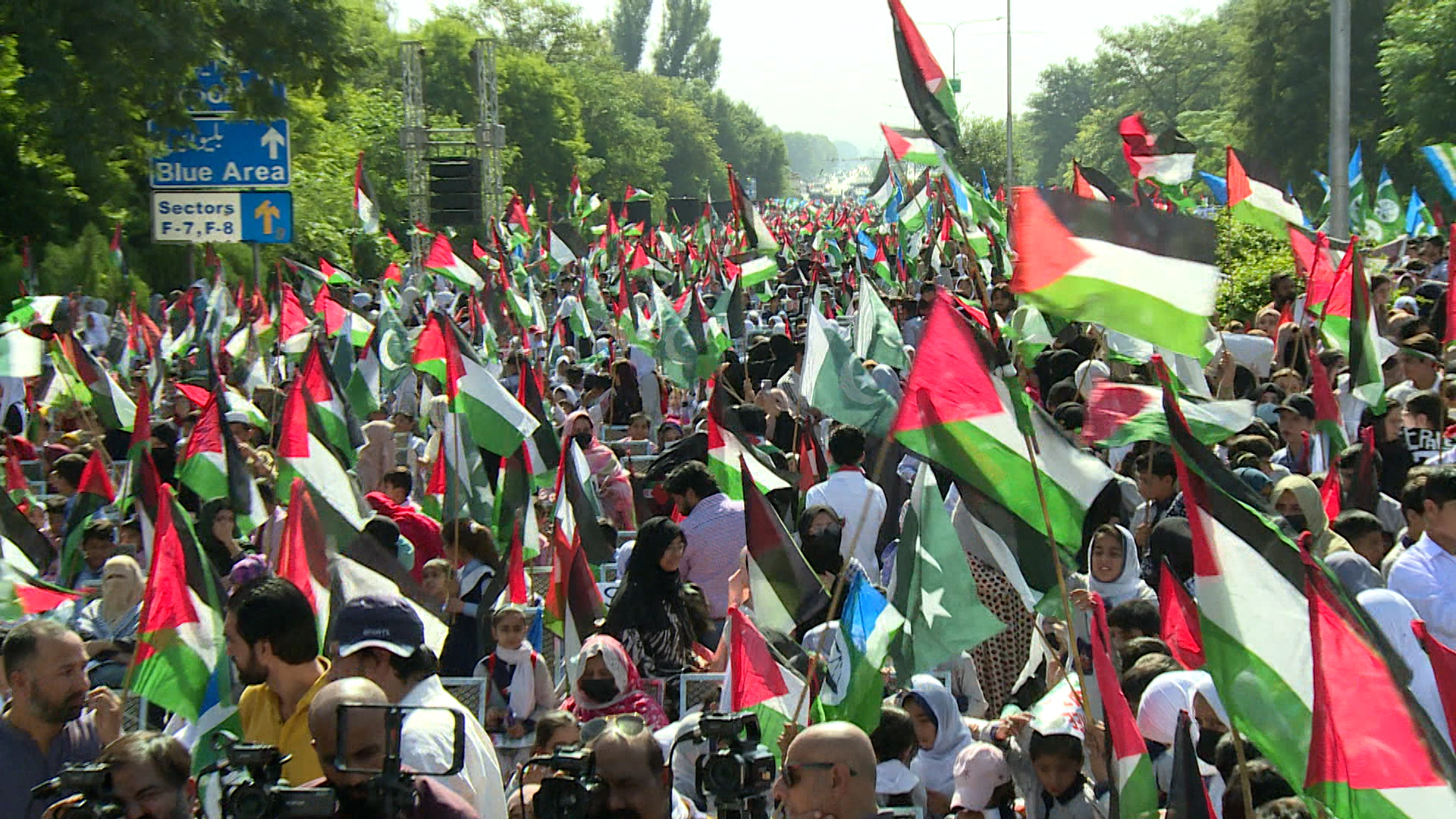
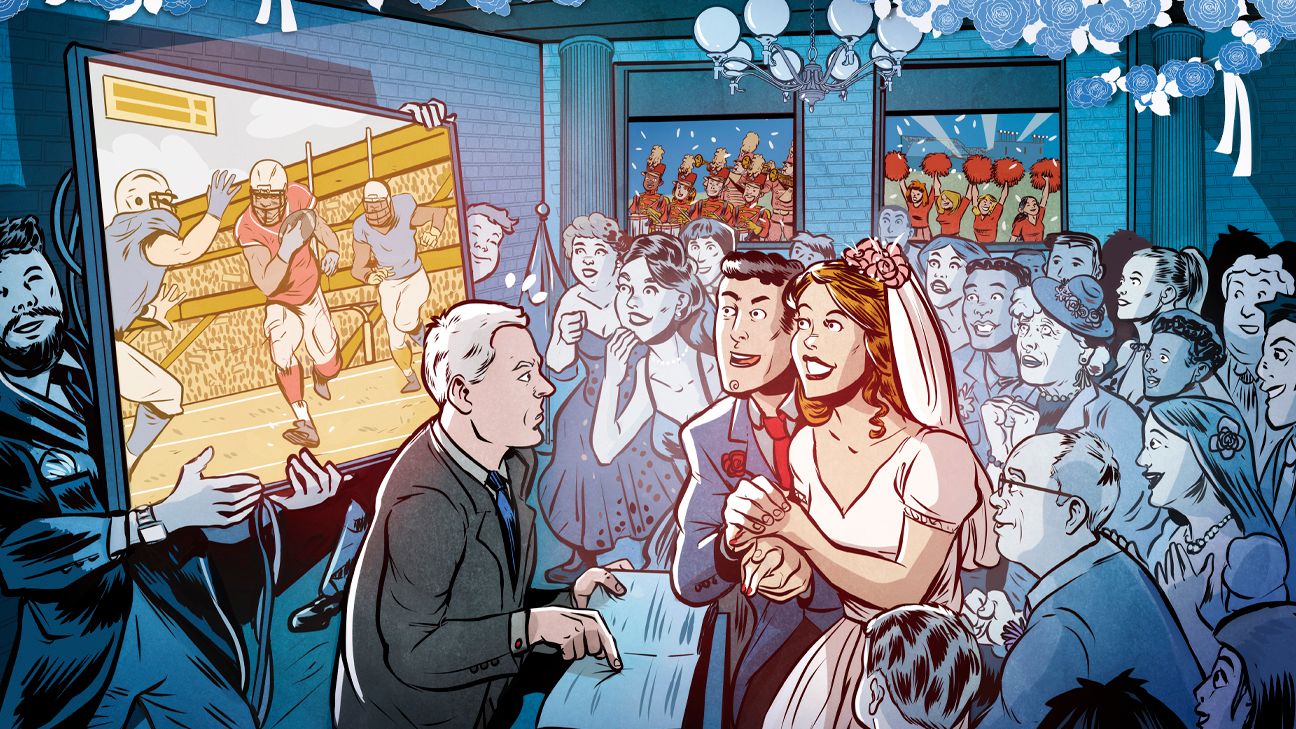
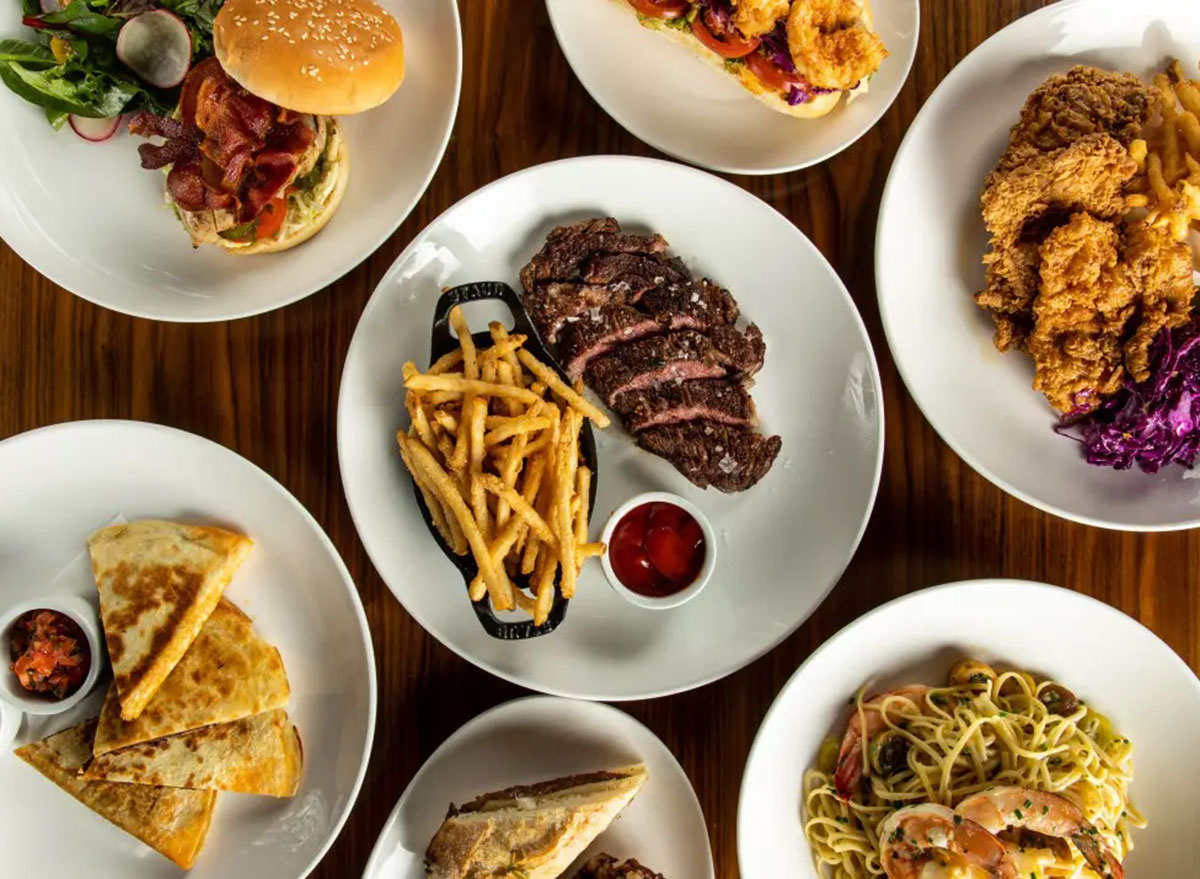
Leave a Reply